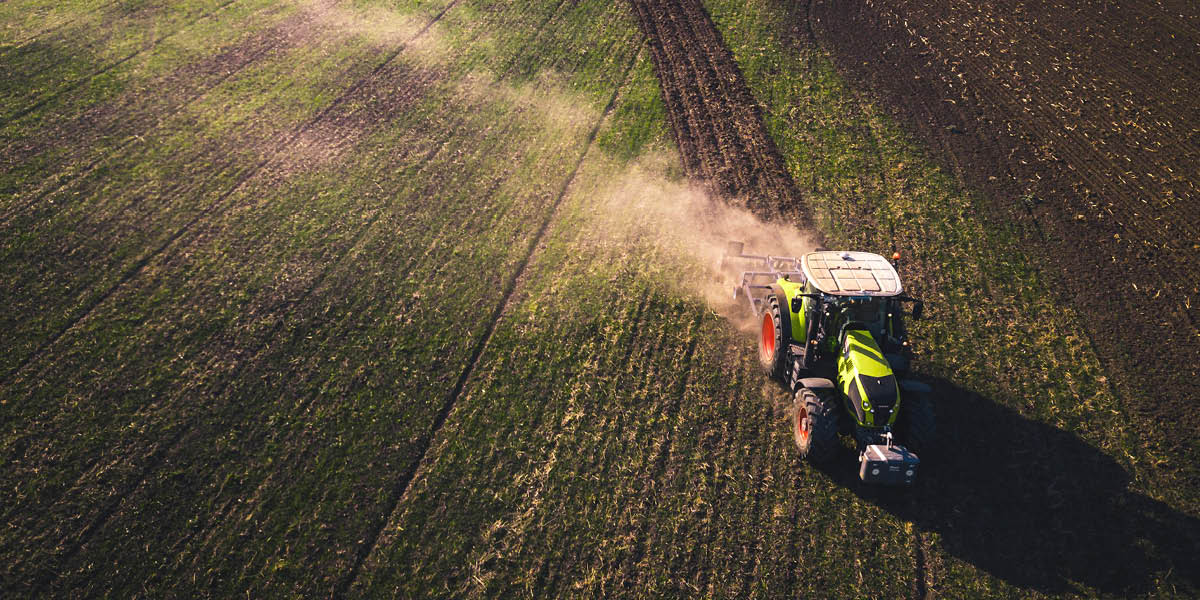Government's new farming scheme sees mixed reaction from sector

The government has announced a latest update of the Environmental Land Management Scheme.
The secretary of state for environment, food and rural affairs has set out thorough plans for the farming sector. It aims to support farmers’ profits and help produce food sustainably as well as protecting nature and the environment.
The Sustainable Farming Incentive (SFI) plays a key role in the scheme to provide farmers with a range of actions to manage wildlife, plant nectar-rich wildflowers and manage crop pests without the use of insecticides.
The incentives aim to bring long-term resilience and efficiency to food production whilst contributing towards the UK’s environmental goals of carbon reduction, biodiversity, water quality and net-zero.
Mixed reactions
Some people are not appeased by the development and have no confidence in the government’s response.
"Much that is set to be rewarded in this new policy was already part of existing Countryside Stewardship policies, and it remains unclear as to which scheme farmers should choose or how the policies will work together," says Gareth Morgan, the Soil Association’s head of farming policy. "We welcome an increased sense of urgency from government to help farmers to produce food resiliently and in harmony with nature. Farmers should be reassured by the direction signalled, but much more is needed to help them make the transformative changes to help us meet our climate and nature goals."
However, other farmers feel that the new scheme is agreeable.
"The big positive of the SFI pilot is the flexibility, which we really like," says Kitty Hamilton, a mixed farmer from East Lincolnshire. "We were able to retain habitats from previous schemes which we were really proud of. The pilot fits well with our current and planned farming methods, which means it’s gently nudging us towards a more regenerative system."
Outlining the scheme
The new scheme will build on existing standards to improve soil health, which was introduced in 2022. Countryside Stewardship Plus will reward farmers when taking coordinated action, working with neighbouring farms to support climate and nature aims. The scheme will also take on a responsibility previously planned for a Local Nature Recovery, in which floodplain meadows will be managed to reduce flood risk and improve biodiversity.
The scheme has no penalties if farmers wish to leave the scheme early, and is designed for a three-year run at a time. With a farming budget of £2.4bn, as outlined in Parliament’s 2019 manifesto, the scheme aims to be accessible and profit put back into the sector as produced.
The Soil Association still calls for a bolder vision for a farmer-led tree revolution to expand woodland, a continuation of Countryside Stewardship incentives to help farmers convert to organic systems and not use chemical pesticides or fertiliser, as well as investment from the government for farmer-to-farmer learning to help adopt nature-friendly practices.




















